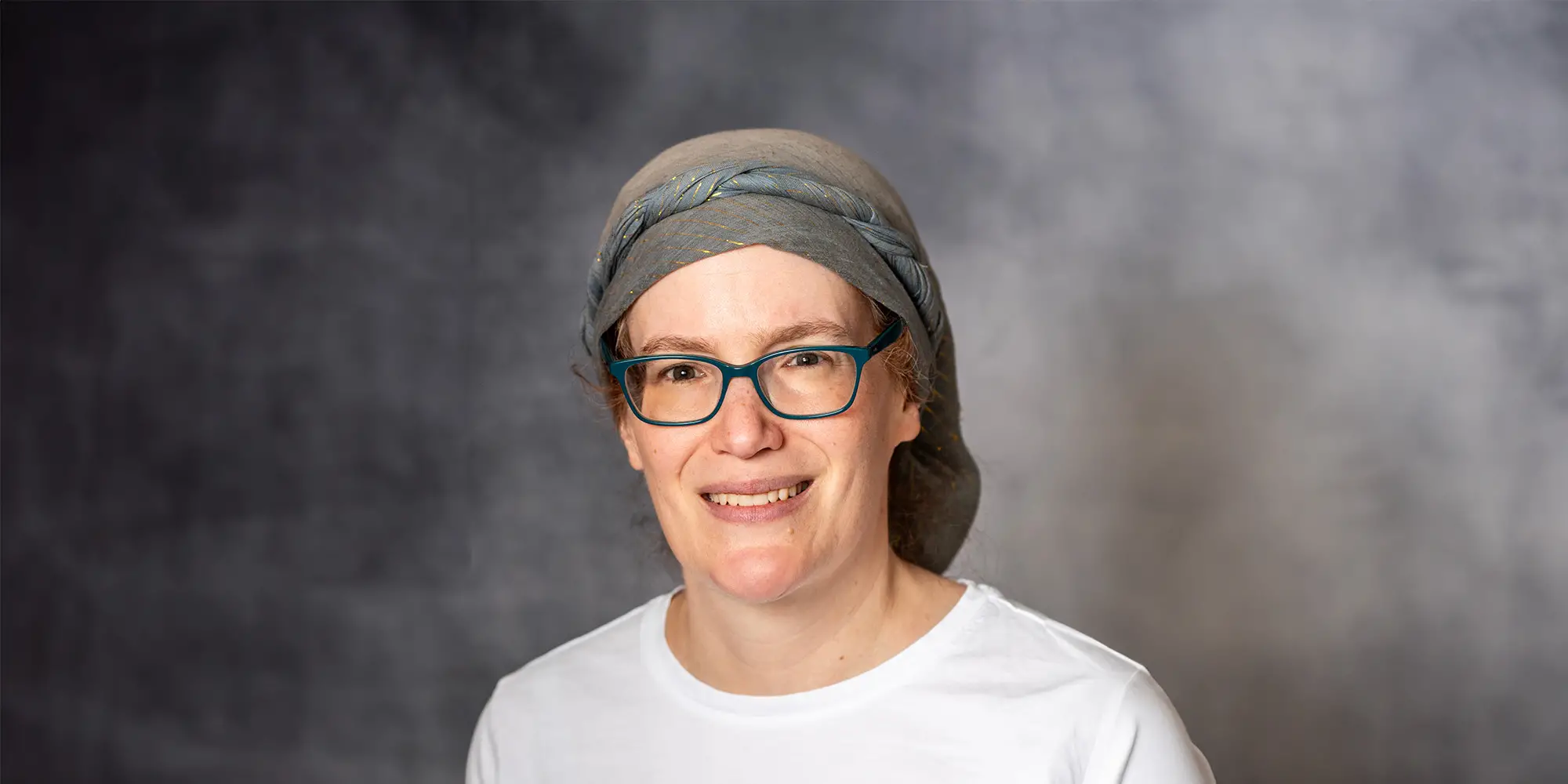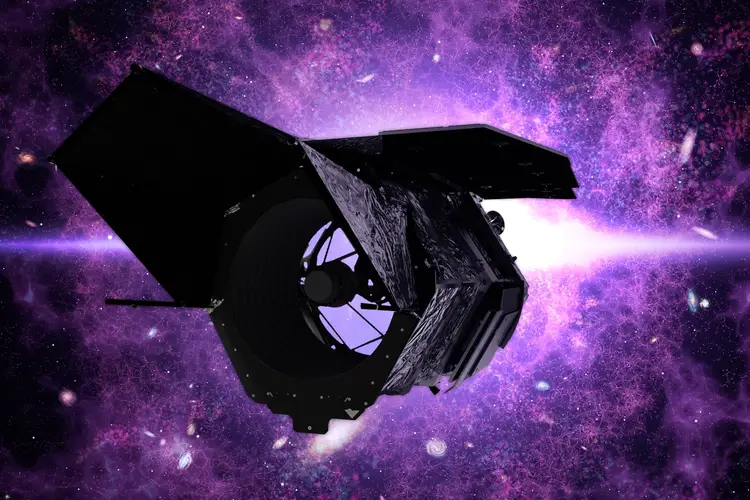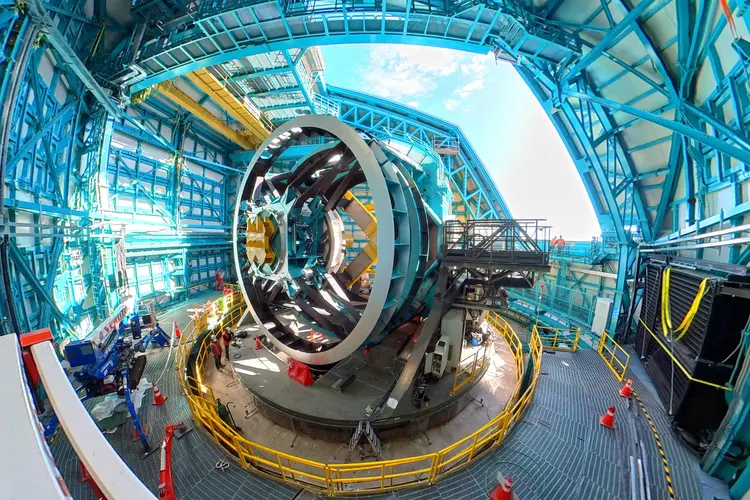
Rachel Mandelbaum Named APS Fellow
Media Inquiries
Carnegie Mellon University Physics Professor Rachel Mandelbaum(opens in new window) has been elected a fellow of the American Physical Society (APS), as recommended by the Society’s Division of Astrophysics.
Mandelbaum is the interim head of the Department of Physics(opens in new window) and a member of the McWilliams Center for Cosmology and Astrophysics(opens in new window). She was recognized for the development of many techniques that have impacted the field of weak gravitational lensing, for discoveries in cosmology and galaxy formation using weak lensing, for international leadership in large cosmic surveys, and for thoughtful, inclusive mentorship of many early career scientists.
“I am honored and humbled to be recognized by the APS,” Mandelbaum said. “I particularly appreciate that this recognition covers multiple facets of my work — scientific discovery along with leadership and mentorship, which have been huge focuses for me in the past few years.”
Mandelbaum joined Carnegie Mellon’s Department of Physics(opens in new window) in 2011 and combines information from cosmological observations with computer science, statistics and data science.
“This award recognizes not just Rachel's scientific discoveries but also her leadership in large collaborations and mentoring of young scientists," said Scott Dodelson(opens in new window), who nominated Mandelbaum for the recognition.
Mandelbaum is the primary investigator from Carnegie Mellon leading research with the University of Washington to develop software to analyze large datasets generated by the Legacy Survey of Space and Time(opens in new window) (LSST), which will be carried out by the Vera C. Rubin Observatory in northern Chile.
The open-source platforms are being developed by the LSST Interdisciplinary Network for Collaboration and Computing (LINCC) Frameworks initiative, and will fundamentally change how scientists use modern computational methods to make sense of big data.
Through the LSST, the Rubin Observatory, a joint initiative of the NSF and the Department of Energy, will collect and process more than 20 terabytes of data each night — up to 10 petabytes each year for 10 years — and will build detailed composite images of the southern sky with detailed information about changes over time.
“Many of the LSST’s science objectives share common traits and computational challenges,” she said. “If we develop our algorithms and analysis frameworks with forethought, we can use them to enable many of the survey’s core science objectives.”
Mandelbaum, who earned her Ph.D. from Princeton University, has served in leadership roles and won numerous awards in physics and cosmology. In 2023, she served on the Particle Physics Project Prioritization Panel (P5) that outlined recommendations for U.S. particle physics priorities for the next 20 years and funding for the next 10 years. She was the spokesperson(opens in new window) for the LSST Dark Energy Science Collaboration (DESC) between 2019-2021 and previously served as the DESC analysis coordinator and co-leader of the weak lensing working group. She received the Annie Jump Cannon Prize from the American Astronomical Society, a Department of Energy Early Career Award, an Alfred P. Sloan Fellowship and was named a Simons Investigator by the Simons Foundation.


